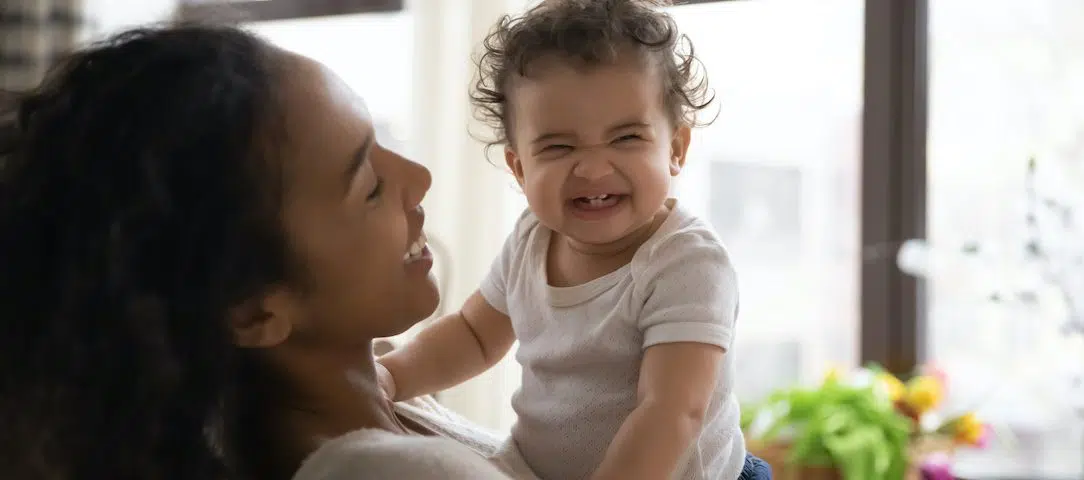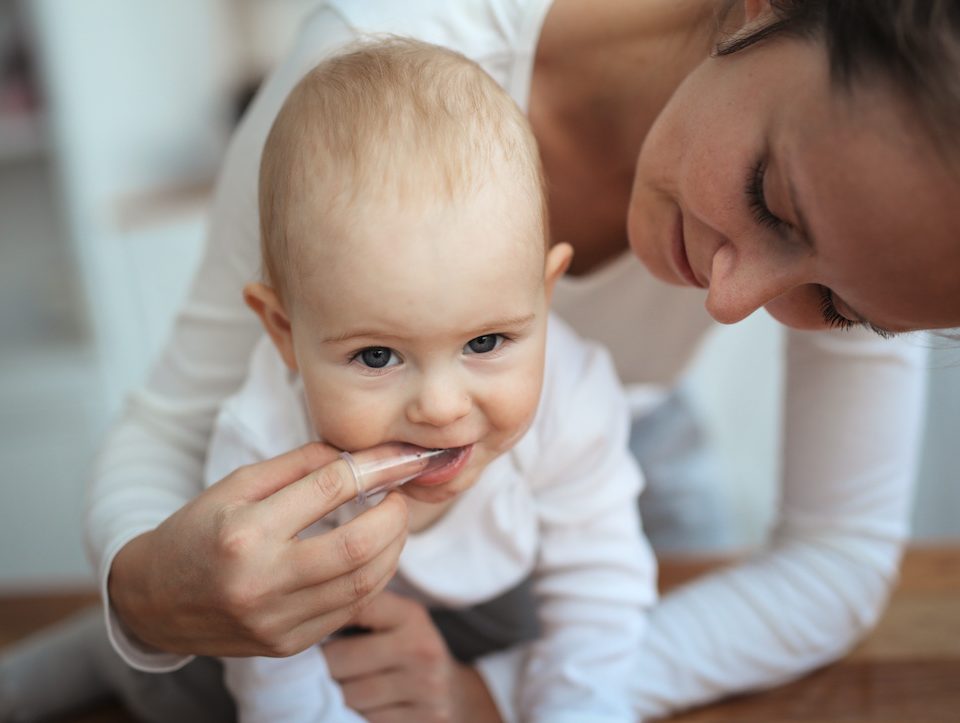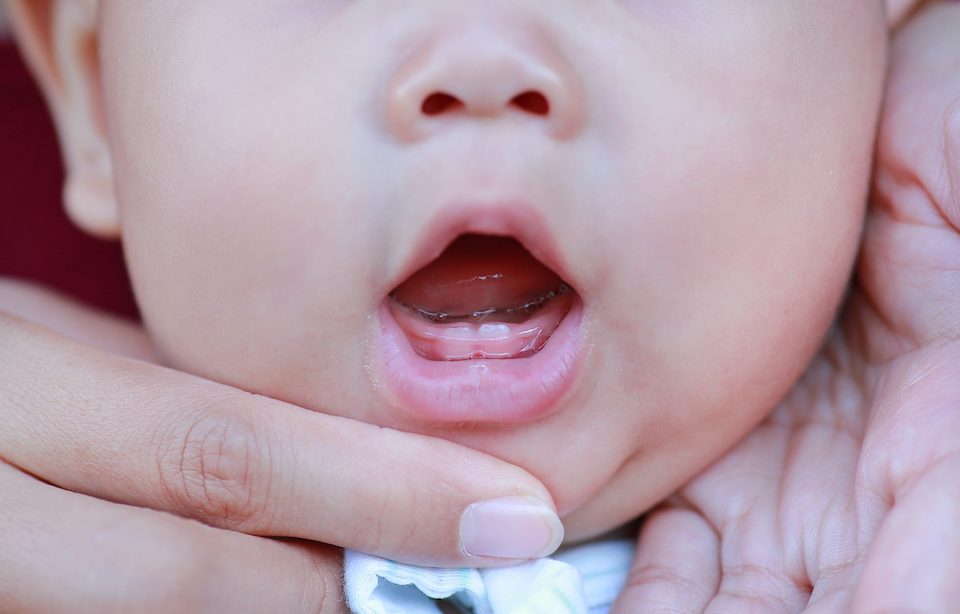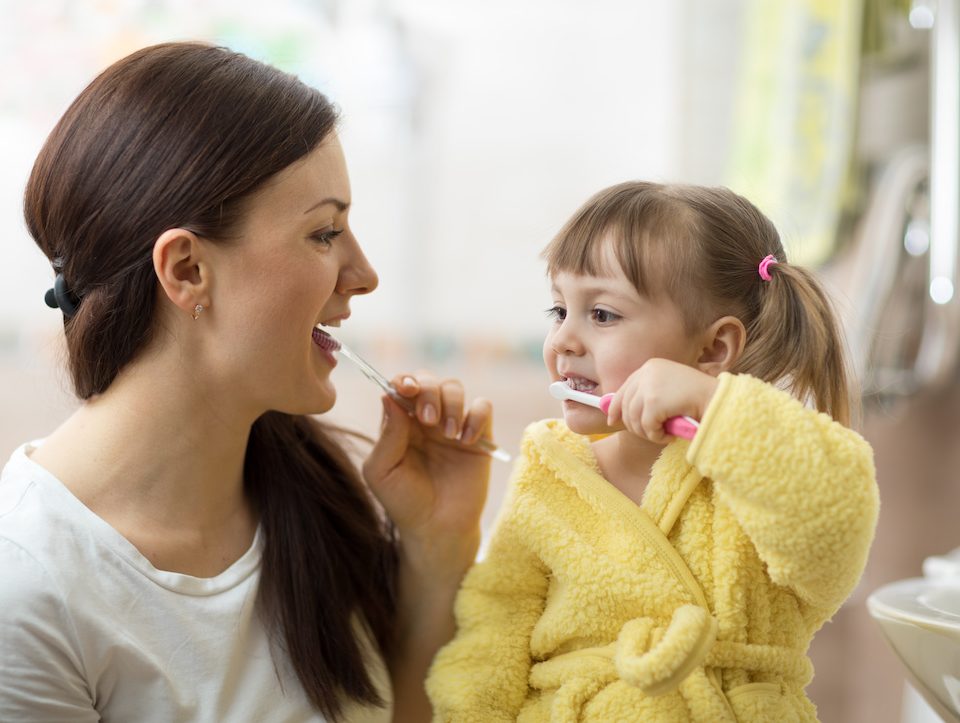5 Things Every Parent Needs to Know About Baby Teeth

Dental Plaque: Build-Up of Bacteria and How to Get Rid Of it
January 7, 2022
Calm and Comfortable: Sedation Dentistry
January 26, 20225 Things Every Parent Needs to Know About Baby Teeth

If you’re a parent, baby teeth are something that you probably think about often. They come in all shapes and sizes and it’s important to know what normal baby teeth look like so you can tell if they need to be seen by the dentist. In this blog post, we will give 5 must-know facts about baby teeth for parents!
5 Things Every Parent Needs to Know About Baby Teeth
-
You should begin to see your child’s baby teeth starting around 6 months of age.
Many parents are surprised when their babies start sprouting little white dots in the mouth at around 6 months of age. These are what will later turn into teeth! The two bottom front teeth usually come in first (the central incisors), followed by the two upper front teeth (the lateral incisors), and finally the four molars in the back of the mouth. This usually happens between 6 months to 2 years, but every child is different.
-
Baby teeth are important.
Why do we care so much about baby teeth? Because they serve an important purpose. Baby teeth help a child chew, speak, and smile. They also hold space for the adult teeth that will come in later. If a baby tooth is lost too early it can cause problems with permanent teeth coming in straight or even with speech development!
-
Baby teeth have a big job to do.
Baby teeth serve as placeholders for the adult teeth so they don’t crowd each other as they come in. If a baby tooth is lost too early then the surrounding adult teeth may become crooked. Further, it may even come in and impact (push up against) the permanent tooth under it.
-
If a baby tooth is lost too early it can cause problems with permanent teeth.
If a premature loss of a baby tooth occurs, the surrounding adult teeth may become crooked or come up in an unpleasant way against the next tooth to erupt. As mentioned before, there are NO replacement teeth for baby teeth so any prematurely lost teeth will create problems for permanent teeth.
-
The sooner you get your child to the dentist, the easier it will be.
No matter how anxious you are to take care of your children’s teeth, don’t try to fix every little thing yourself. If your child has a loose or missing tooth then you definitely need to call the dentist immediately. Some teeth may be able to fall out on their own, but it’s still important to have them checked by an experienced professional so you can ensure that their teeth are developing properly.
Common Dental Health Problems in Children
In children, there are many different problems that can affect their dental health. Some of these problems include tooth decay, thumb sucking, tongue thrusting, lip sucking, and early tooth loss.
Baby Bottle Tooth Decay
Baby bottle tooth decay happens when a baby’s teeth are in frequent contact with sugars from drinks. Oftentimes, this happens when a baby is goes to bed at night with a bottle. This can result in long term exposure to sugars on the teeth, which can increase the child’s risk for tooth decay.
How to Care for Your Child’s Smile
The American Academy of Pediatric Dentistry offers these helpful tips on how to best care for your child’s smile:
- Before the teeth erupt, clean the baby’s mouth and gums with a soft cloth or infant toothbrush at bath time. This helps prepare the baby for the teeth cleaning to come.
- Take the baby to see a pediatric dentist by the baby’s first birthday. The earlier the visit, the better. It is important to establish a dental home to ensure that the child’s oral health care is comprehensive, ongoing, accessible, coordinated and family-centered way by the dentist.
- If the baby is placed to sleep with a bottle, use nothing but water. When a child is given a bottle containing sugary liquids such as milk, formula or fruit juice, the teeth are under attack by bacterial acid for extended periods. This can cause cavities in babies called “early childhood caries,” formerly known as baby bottle tooth decay.
- Breast-feeding has been shown to be beneficial for a baby’s health and development. However, if the child prefers to be breast-fed often or for long periods once a tooth appears and other foods/beverages have been introduced into their diet, they are at risk for severe tooth decay.
- Clean the baby’s mouth with a wet washcloth after breast-feeding, and encourage a bottle with plain water during the nighttime.
- Never dip a pacifier in anything sweet; it can lead to serious tooth decay.
- Wean the infant from the bottle by one year of age.
Make an Appointment with Mountain Aire Dentistry
If your child is struggling with dental problems, or has yet to see a dentist, then call Mountain Aire Dentistry today. We want to help make sure they grow up with a happy, healthy smile! Call us today for an appointment: (303) 731-7755.
When you visit our Broomfield dental office, your smile is our top priority. Our Dentists invite you to experience the difference a warm and caring team can provide for you and your family. Enjoy a unique and comfortable dental experience designed to bring a healthier and happier smile back into your life. We invite you to call or visit our Broomfield dental office and discover the exceptional difference we offer to those we serve.













